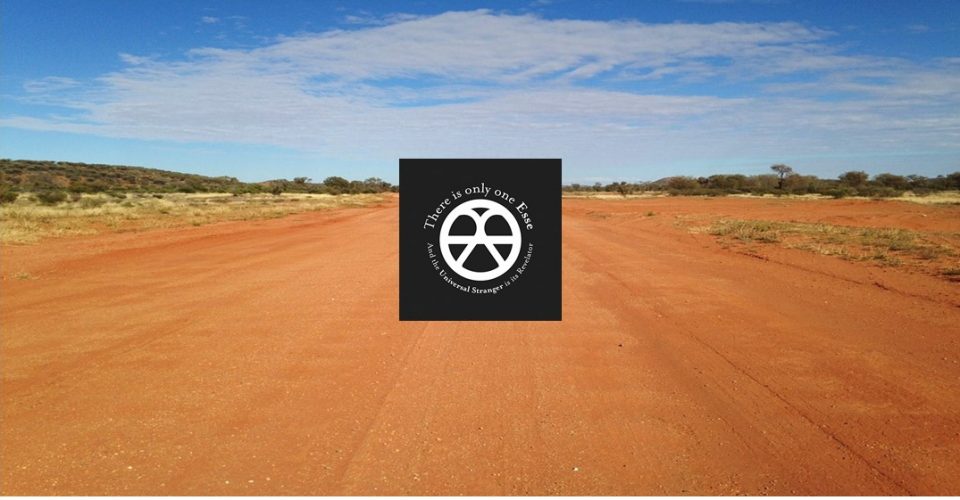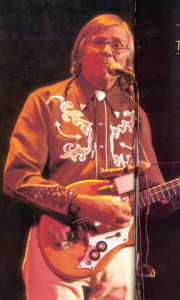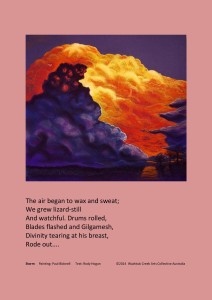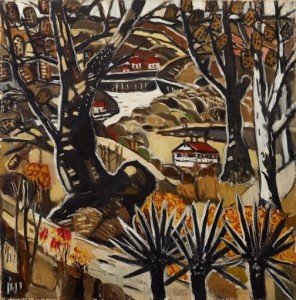Yesterday, I went for a 6km walk. Instead of visiting the usual bush lookouts, I kept to the streets. My destination: the war memorial next to the community centre at the head of Galley Road. It’s a nice, quiet spot. The monument squats in the corner of a tennis-court-size lawn, one point in a triangle in which each of the other two corners is marked by a park bench, both in need of paint.
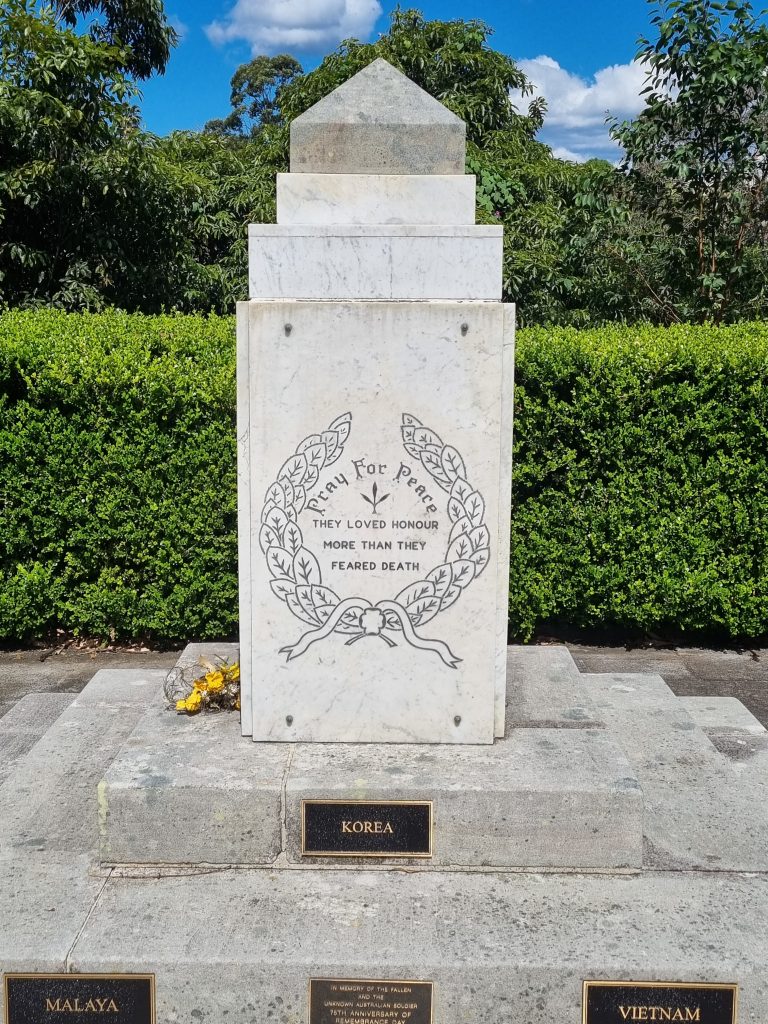
The car park was dominated by a large red truck, an Australian Red Cross mobile blood transfusion centre, left there for a few days so that the locals can do their bit. Donors came and went. They included a youngish Asian couple with an old collie. The man ducked into the truck while the dog, slipped from its lead, sniffed around. The woman called him a few times but, deaf or indifferent, he ignored her.
“He likes to take his time,” she said.
“Showing his independence,” I replied. She smiled, barely.
When she put him back on the lead, I reflected that, in human terms, he was probably about my age. For a moment I wondered how it would feel to be totally dependent on her.
Communing with the dead isn’t really my thing, but they are unobtrusive and therefore congenial company. Some of the names were familiar—Windybank, for example; and strange: one surname was “Sustenance”. I sat there for nearly an hour. What would I say if someone I knew saw me? “What are you doing here?” they would probably ask, to which I would reply: “Dwelling on the past is melancholy; I prefer to contemplate my future.” Not everyone appreciates droll gallows humour.
The centre houses a branch library. I called in to browse. As I was leaving, I noticed a young female librarian who hadn’t been at the front desk when I arrived. She stood with her back to me, absorbed in her work. She had long blonde hair and her black top and jeans showed a pleasing figure.
As I walked past her, I turned to thank her with what I like to think is my charming-and-totally-unleering old-man smile. It must have faded quickly. The lower half of her face was obscured by a blue surgical mask. Above it, her eyes were wide and bright, probably because she was smiling back at me and acknowledging my old-fashioned courtesy. The eyes were lovely but, deprived of their proper facial context, looked slightly deranged.
On the way back, before turning into Cockatoo Road, I paused to peer into the bush. Close up, it’s a confusion of fine green brush strokes (she-oaks, etc) and bold brown lines (tree trunks—thin and, below their canopies, mostly branchless). A bit like Jackson Pollock’s Blue Poles.
Along Cockatoo Road, two of my female neighbours—one walking her dog, the other returning from the shops—were deep in conversation. Continuing the old-fashioned courtesy theme, I raised my hat as I approached and intoned “Ladies”, just as one of them said “…and then I had diarrhoea.” Spoiled the effect somewhat, I thought.
